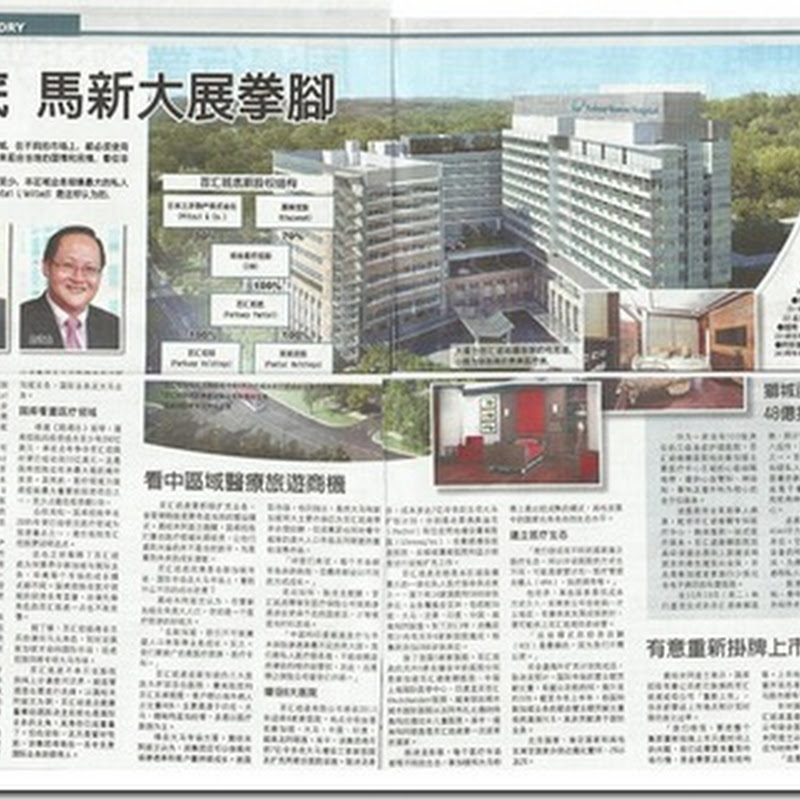There is indication of positive progress in its new work permit renewal service. MYEG had secured its first major contract from a plantation government linked company. Furthermore, the online vehicle voluntary transfer system (VVYS) service is gaining popularity with motorcycle dealers.
Higher than expected revenue growth from new services should catalyse the stock.
The take up rate for the new foreign workers work permit renewal service for 20000 of tis foreign workers is gaining traction, particularly with SME. However response from the bigger companies has been slow.
There are currently (April 2013) around 3.5 million to 4 million foreign workers in Malaysia. The potential market size for this business is around rm175 million to rm200 million annually.
The VVTS is gaining popularity with used car dealers as well as motorcycle dealers. VVTS motorcycle market is growing faster than the car market as most motocycle transfers are done by the dealers and not by the banks. Among the commercial banks, Maybank’s branches had started to use MyEG’s VVTS service nationwide and expect the other commercial banks to follow suit over the next few months from April 2013.
In March 2013, MYEG and DIGI launched a promotion in which DIGI subscribers get DIGI talk time rebates if they renew their car road tax and insurance with MYEG.
Higher than expected revenue growth from new services should catalyse the stock.
The take up rate for the new foreign workers work permit renewal service for 20000 of tis foreign workers is gaining traction, particularly with SME. However response from the bigger companies has been slow.
There are currently (April 2013) around 3.5 million to 4 million foreign workers in Malaysia. The potential market size for this business is around rm175 million to rm200 million annually.
The VVTS is gaining popularity with used car dealers as well as motorcycle dealers. VVTS motorcycle market is growing faster than the car market as most motocycle transfers are done by the dealers and not by the banks. Among the commercial banks, Maybank’s branches had started to use MyEG’s VVTS service nationwide and expect the other commercial banks to follow suit over the next few months from April 2013.
In March 2013, MYEG and DIGI launched a promotion in which DIGI subscribers get DIGI talk time rebates if they renew their car road tax and insurance with MYEG.













































